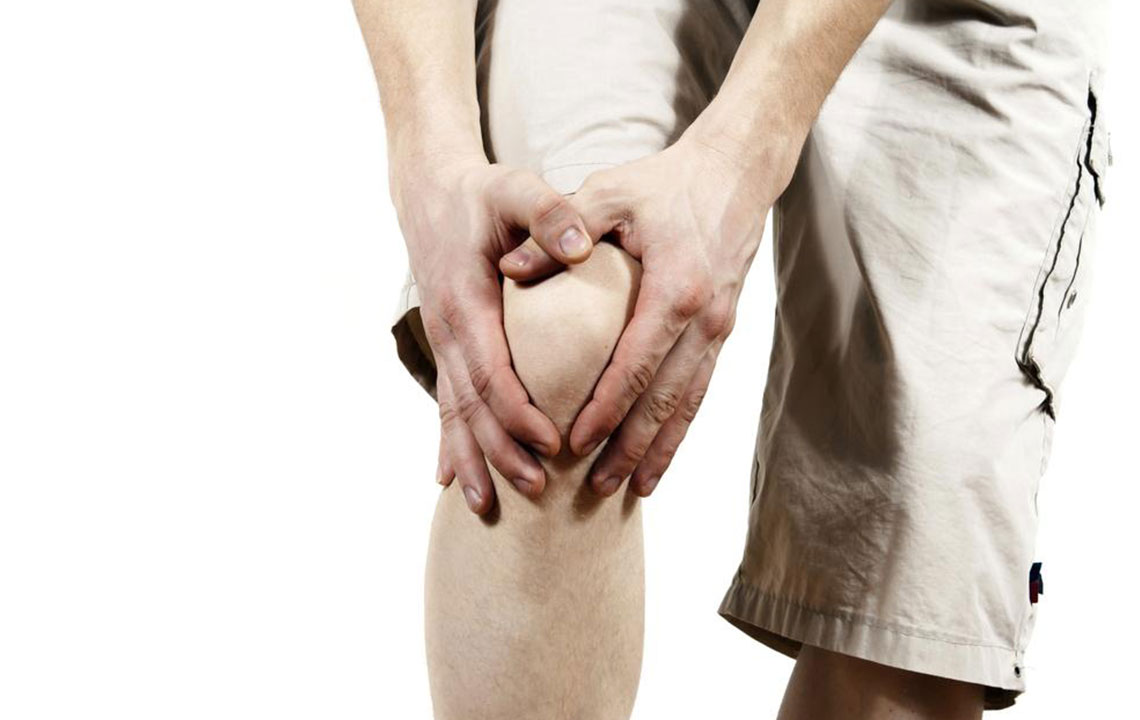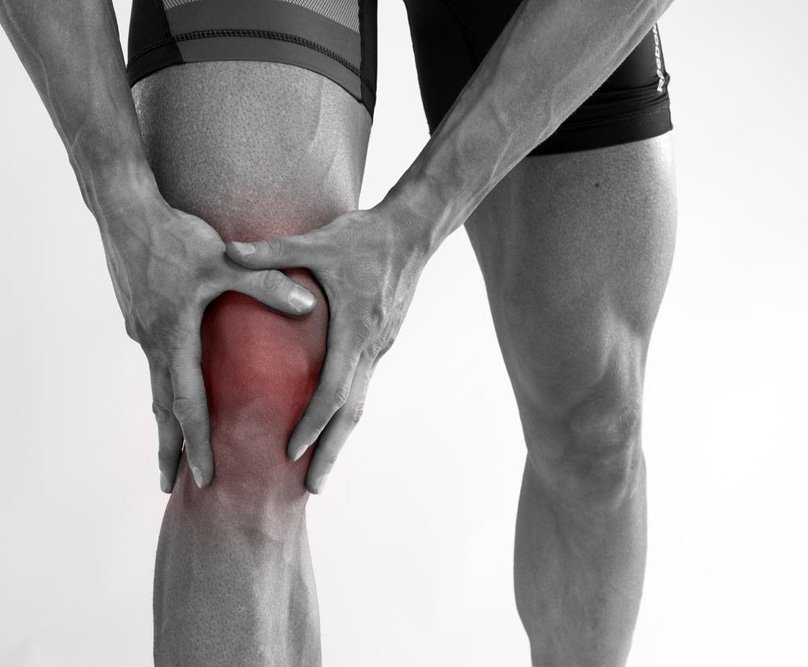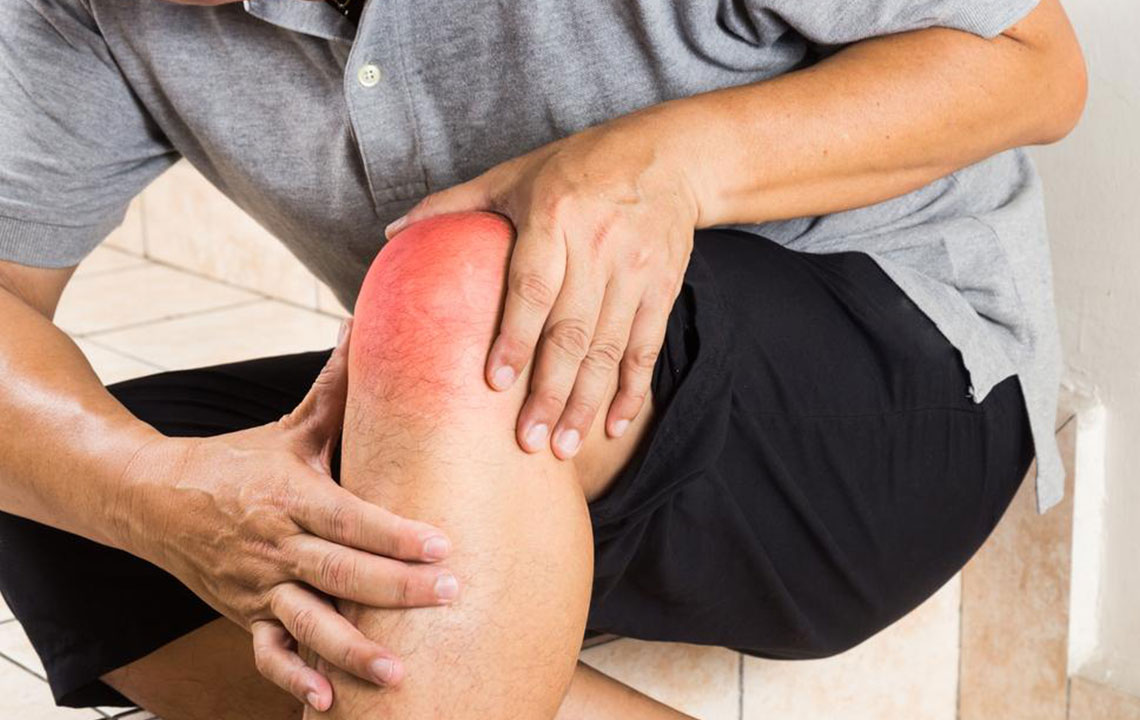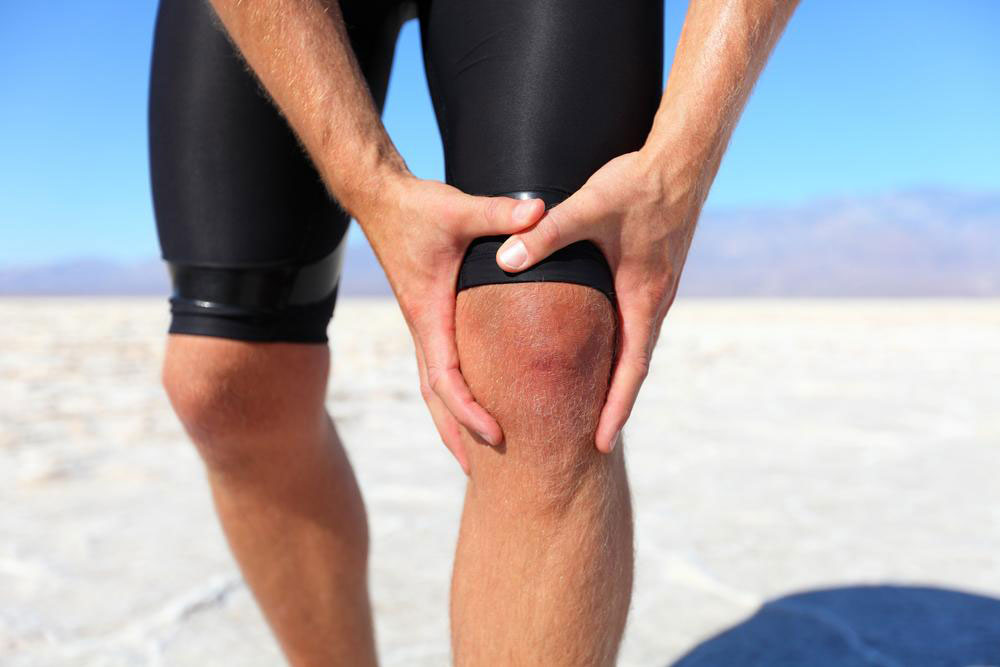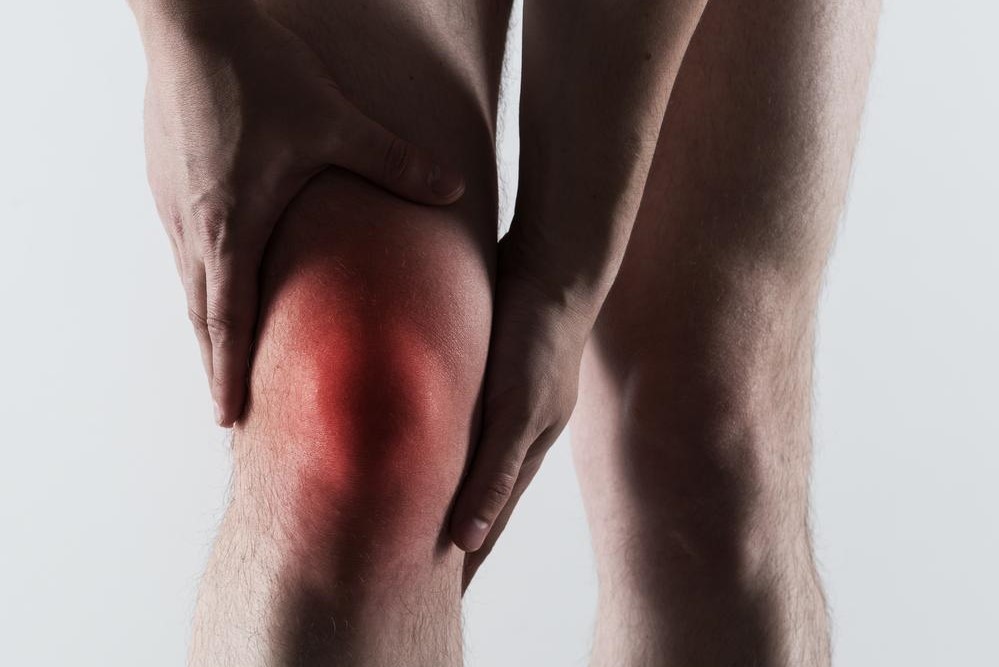Understanding Common Causes and Treatments for Knee Pain
This article covers the common causes of knee pain, including ligament injuries, cartilage tears, and arthritis, emphasizing importance of timely diagnosis and treatment options such as surgery. It highlights symptoms and diagnostic methods, advising consultation with healthcare professionals for effective management of knee conditions.
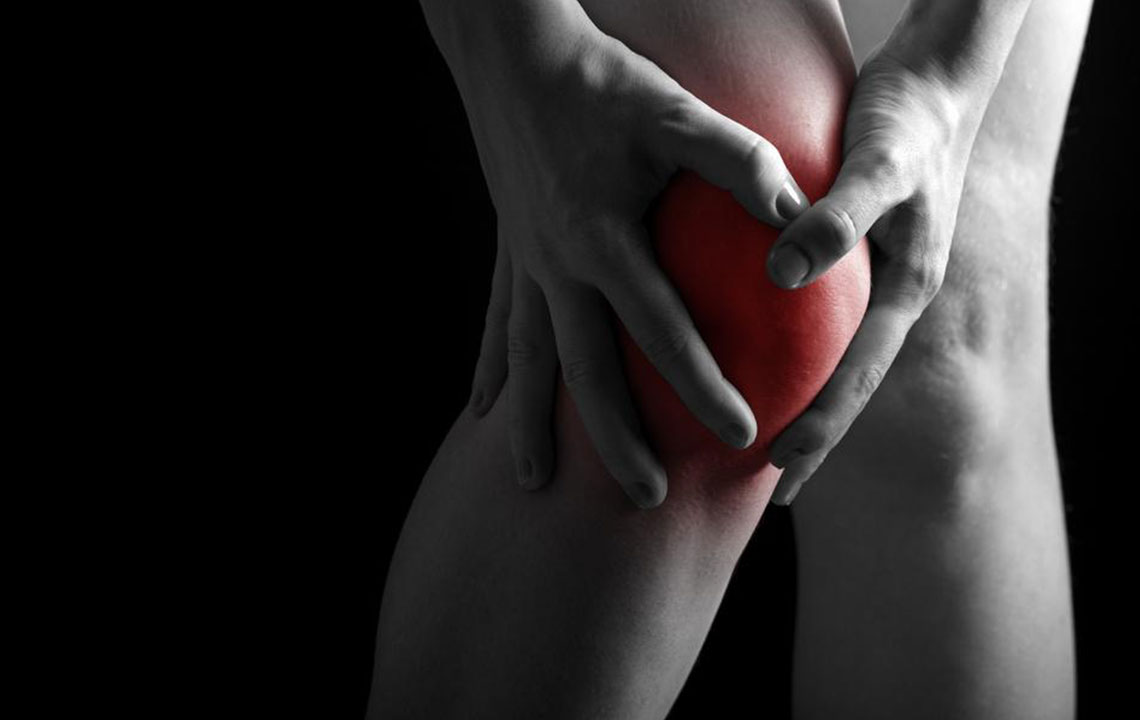
Many individuals experience knee discomfort at some stage in their lives. Activities like sports and exercise can lead to tendinitis, muscle strains, and injuries to cartilage and ligaments. Severe knee pain may restrict daily routines, while even mild discomfort can impact one’s active lifestyle. Prompt diagnosis and treatment are essential to prevent further damage and restore mobility.
Primary Causes of Knee Pain
Ligament Injuries in the Knee
The ligaments connect the thigh bone to the lower leg bones, providing stability. In athletes, injuries such as sprains and tears of the ACL, PCL, and MCL are common, often resulting in intense pain that may require surgical repair.
Cartilage Tears
The knee's cartilage covers the ends of bones and can be torn during injuries. Menisci—lateral and medial—are crescent-shaped cartilage structures that, when damaged, cause significant knee pain and often necessitate surgical intervention.
Arthritis in the Knee
Arthritis leads to chronic pain and, in severe cases, disability. Types include osteoarthritis, post-traumatic arthritis, and rheumatoid arthritis. Symptoms include swelling, stiffness, and difficulty bending the knee.
Rheumatoid Arthritis
An autoimmune disease causing inflammation of the joint tissues, leading to cartilage damage. It accounts for about 10-15% of arthritis cases.
Post-Traumatic Arthritis
Develops after severe knee injuries like ligament tears or fractures, which damage joint cartilage and cause pain and stiffness over time.
Osteoarthritis
The most common form, caused by cartilage deterioration usually linked to aging, injuries, or genetics. Symptoms include pain, swelling, and limited movement, particularly affecting those over 50.
Dislocation and Fractures
Knee dislocation is an emergency that can impede blood flow and cause further complications, often resulting from severe trauma. Fractures, caused by direct impact, are extremely painful and require immediate medical attention.
Diagnosis of Knee Issues
Healthcare providers utilize physical exams, X-rays, and special tests to determine the cause of knee pain, assess mobility, and identify specific conditions like arthritis or injuries.
Managing Knee Pain from Arthritis
Treatment options include strengthening exercises, weight management, pain relievers like NSAIDs or acetaminophen, and supportive wraps. Severe cases may require surgical solutions such as partial or total knee replacement. Consultation with an experienced orthopedic surgeon is crucial for optimal results.

